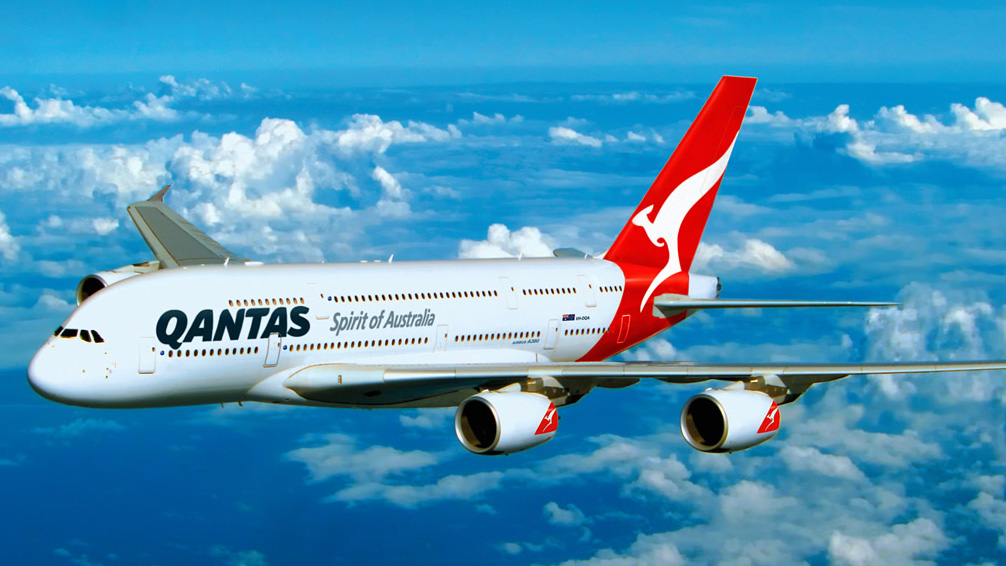The poll results have coincided with news of the UAE’s Etihad Airways axing its codeshare and frequent flyer benefits with Virgin Australia.
Results of a new poll by Redbridge have revealed that many Australians believe the Albanese government have acted in favor of Qantas airlines in the year-long aviation fiasco involving Qatar Airways’ (QA) rejected bid for more Australian flights, according to a Sky News Australia report.
The vote comes after recent revelations of Prime Minister Anthony Albanese receiving 22 flight perks from Qantas since 2009.
The calls to question Albanese were revived after a new book by former columnist Joe Aston, titled ‘The Chairman’s Lounge: The Inside Story of how Qantas Sold Us Out’, accused Albanese of receiving the upgrades, some of which were allegedly provided by former Qantas chief executive Alan Joyce.
The poll found that 61 percent of voters believed Albanese gave Qantas preferential treatment by blocking QA’s bid to run an extra 21 flights in and out of Australian cities, which the gulf airline proposed in 2023.
After the bid was blocked last year by Labor citing “national interests” as the reason, the Albanese government has been under pressure to reverse its decision and has been slammed by Australia’s Liberal–National Coalition (Coalition) and domestic rival Virgin Australia.
According to the Redbridge, 11 percent said they did not think the Australian PM acted in favour of Qantas, while 28 percent said they were unsure.
With elections in Australia just months away, a massive 76 percent of Australians intending to vote for Coalition and 46 percent of Australians voting Labor said they thought aviation giant Qantas was given special treatment.
In October, QA announced that it would purchase a 25 percent equity stake in Virgin Australia.
In a seemingly related move, the UAE’s Etihad Airways announced it would axe its long-standing codesharing and frequent flyer benefits partnership with the Brisbane-based airline on Tuesday, which will come into affect on June 1, 2025.
The Abu Dhabi-based airline said in a statement that its decision “reflects a divergence in the strategic direction of the respective airlines”.







